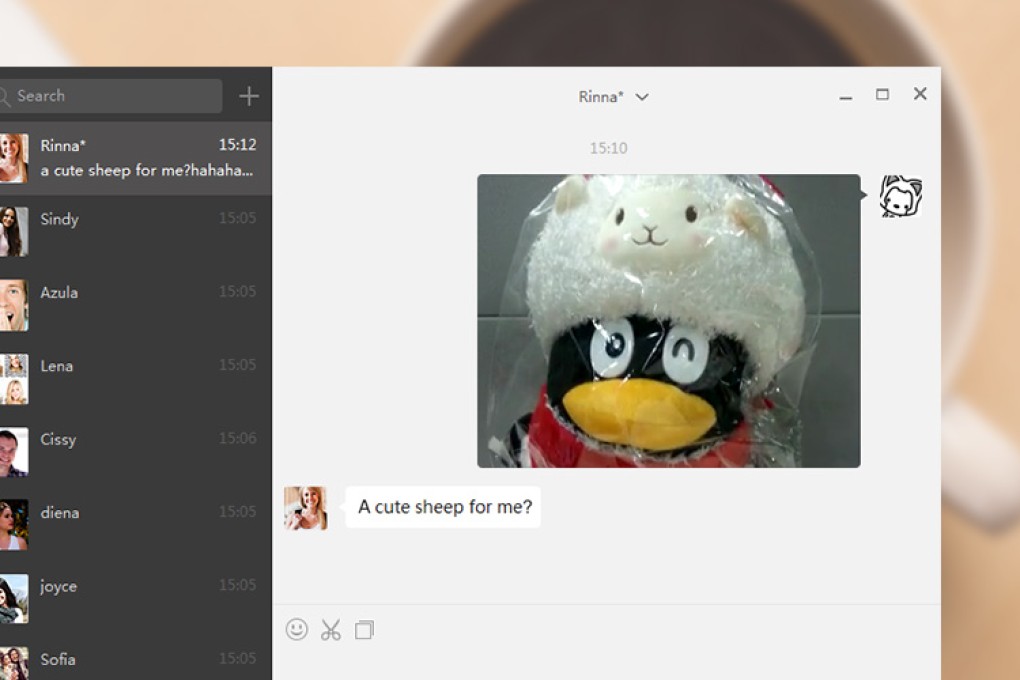WeChat launches English-language desktop app targeting overseas users

Mainland China's most popular realtime messaging app has launched an English-language version of its desktop software as it seeks to grow outside of its home market.
On Friday, Tencent's WeChat released an update to its desktop messaging app, first launched in Chinese in January, bringing English-language support along with a number of other features.
The app, available on Windows and Mac OS, requires users to login via their smartphone using a QR code.
"In a world where global communication matters, we understand the value of staying connected outside of your smartphone," WeChat said in a statement. The popular mobile app is available in 20 different languages, covering more than 200 countries and territories.
As of the first quarter of 2015, WeChat has more than 549 million monthly active users, mainly in China. The company does not release regular figures for its overseas user base, but the most recent reports suggest that the amount is between 10 and 20 per cent of total users.
READ MORE: WeChat users unable to transfer money in amounts related to Tiananmen crackdown anniversary
Following the establishment of a United States office in late 2013, Tencent claimed more than 100 million registered users overseas.